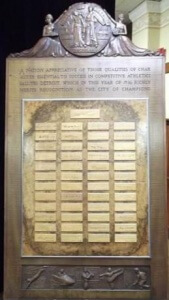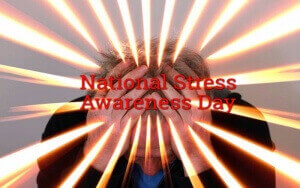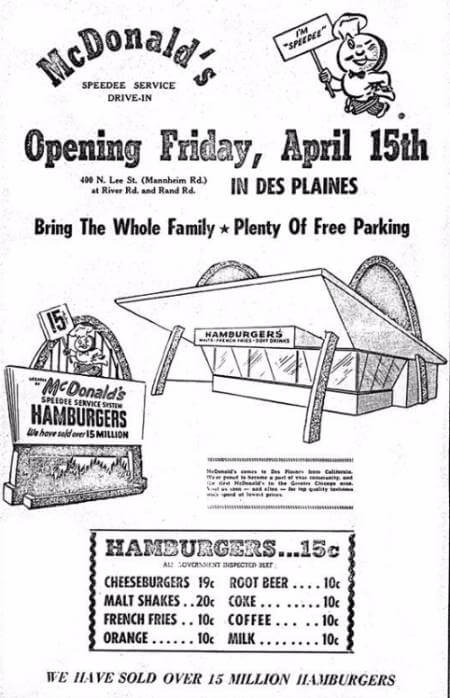April 18 is Champions’ Day
In 1936, Michigan governor Frank Fitzgerald and Detroit mayor Frank Couzens declared April 18th would henceforth be known as Champions’ Day, to honor an outstanding sports season.
The Lions won their first NFL championship, the Tigers won their first World Series and the Red Wings won their first NHL championship. In addition, Detroit’s own Joe Louis dominated boxing and several Olympic athletes including gold medalist Richard Degener hailed from the city.
their first NFL championship, the Tigers won their first World Series and the Red Wings won their first NHL championship. In addition, Detroit’s own Joe Louis dominated boxing and several Olympic athletes including gold medalist Richard Degener hailed from the city.
Six hundred fans paid $3 per ticket to attend the banquet at the Detroit Masonic Temple. Players from every team sport spoke at the dinner, which was broadcast live on the WXYZ-AM radio station. Joe Louis attended but didn’t speak. Many in the media nicknamed Detroit the “City of Champions.”
Three months later, on July 16, 1936, a plaque with the signatures of President Franklin D. Roosevelt and every state governor was presented to the city.
The wooden plaque had five figures carved across the bottom. In the original plan, the images were to depict a boxer, a power boat racer, a baseball player, football kicker and hockey player.
On June 19, 1936, less than a month before the presentation, Joe Louis suffered the first defeat of his career to Max Schmeling. As a result, the boxer carved onto the plaque was replaced with a diver. Twenty-four wins mattered less than one loss.

Could this be one of the reasons Champions’ Day quickly disappeared? After a few losses, did it become an unwelcome reminder of what had been? According to sports historian Charles Avison, World War II was a major factor in the day being forgotten.
In 2014, sports fan Will McDowell happened upon the story of Champions’ Day while doing research for an app he was designing. He has revived the celebration with help from the Detroit Drunken Historical Society.
Champions’ Day festivities begin with an event at the Detroit Historical Museum, where the 1936 plaque is on display. Charles Avison will speak and the museum staff will show memorabilia from its archives that are not exhibited to the public. Discussion will continue at a local bar. Tipplers and teetotalers are welcome.
Thank you, Will McDowell, for bringing this holiday back to life. (Any chance we could Scotch-tape a certain prize fighter’s image on the bottom of that plaque?) Happy Champions’ Day, everybody!
![]()

 Today is National Stress Awareness Day. It was created in 1992 by Dr. Morton Orman of the Health Resource Network, a nonprofit health education organization.
Today is National Stress Awareness Day. It was created in 1992 by Dr. Morton Orman of the Health Resource Network, a nonprofit health education organization.
